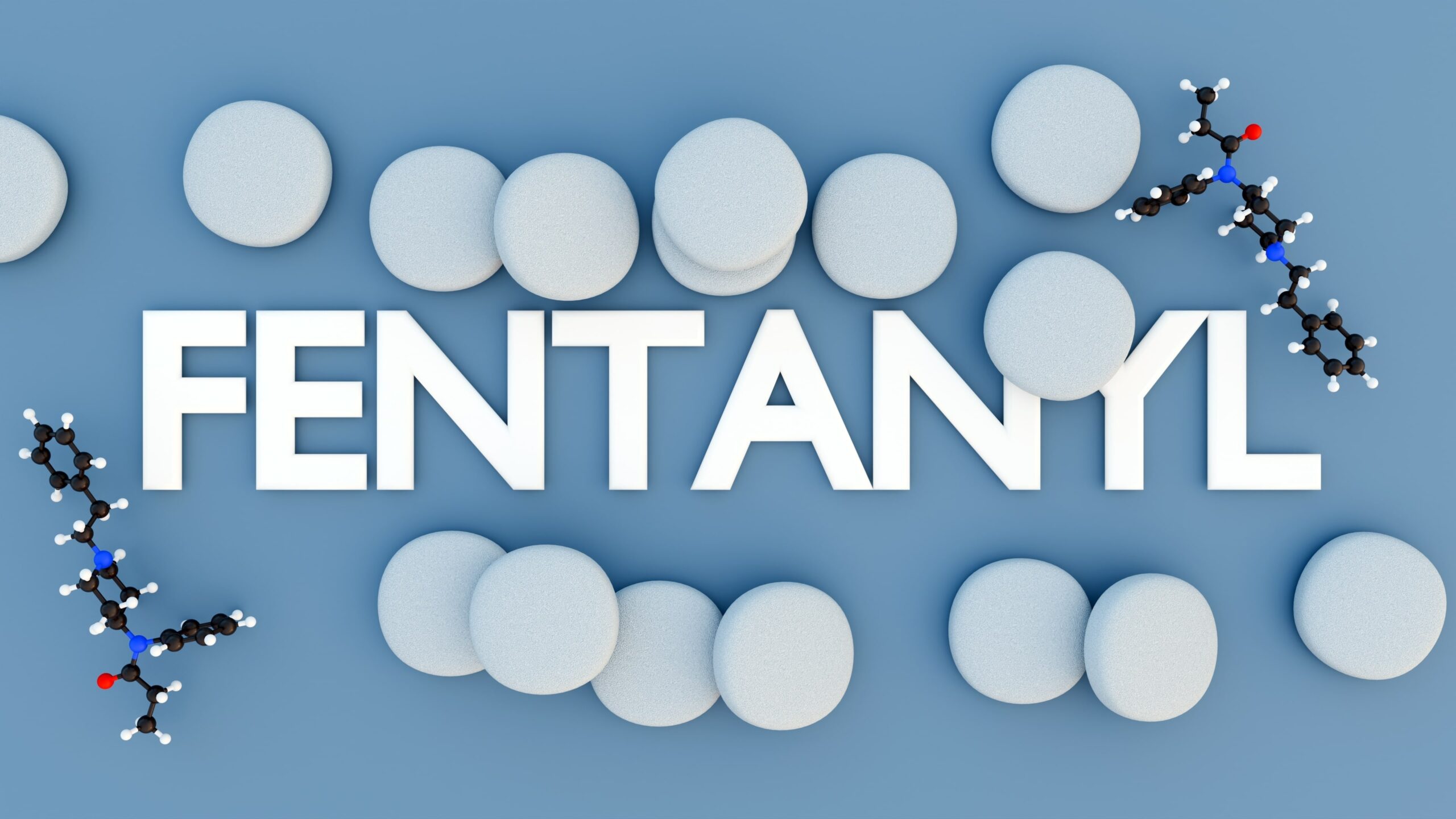Hate crimes are criminal offenses committed against a person or property that are motivated by bias or prejudice toward a protected characteristic. Utah law treats these offenses with heightened seriousness, recognizing that they harm not only the victim but also the broader community. The legal consequences of a hate crime are often more severe than those of the underlying offense because the crime is viewed as an attack on both individual rights and societal equality.
Hate crime charges can stem from a wide range of conduct, including threats, vandalism, assault, or other criminal acts that target someone because of who they are, or who the perpetrator perceives them to be. Even when the underlying act might be considered a misdemeanor, the bias motivation can lead to felony-level penalties.
Hate Crimes Defense Attorney in Utah
Facing a hate crime charge can be overwhelming. The stigma, potential prison time, and long-term impact on your future require immediate and skilled legal intervention. Prosecutors often devote significant resources to these cases, and the presence of an enhancement means the stakes are higher than in a standard criminal case.
Susanne Gustin, Attorney at Law, has decades of experience defending clients against serious criminal allegations in Utah, including cases involving hate crime enhancements. She understands the evidentiary and constitutional challenges that these cases present and works aggressively to expose weaknesses in the prosecution’s evidence.
If you are under investigation or have already been charged, you should not speak with law enforcement without legal representation. Susanne Gustin can step in immediately to protect your rights, gather favorable evidence, and begin building a defense strategy.
Call (801) 243-2814 for a confidential consultation today.
Information Center
- Understanding Utah’s Hate Crime Law
- Conduct That May Lead Law Enforcement to Classify an Offense as a Hate Crime
- Key Elements a Jury Considers in Hate Crime Cases
- Penalties & Long-Term Consequences
- Defenses to Hate Crime Enhancements
- Frequently Asked Questions
- Additional Resources
Understanding Utah’s Hate Crime Law
Under Utah Code § 76-3-203.14 and related statutes, a hate crime occurs when a criminal act is committed against a person or property because of the victim’s actual or perceived membership in a protected class. The enhancement applies in addition to the base criminal charge, increasing the severity of the potential punishment.
Protected classes in Utah include:
- Race and ethnicity
- Religion
- National origin
- Ancestry
- Sexual orientation
- Gender
- Gender identity
- Disability (physical or mental)
- Political expression (in certain contexts)
- Association with an individual or group that falls within a protected class
Importantly, the law applies whether the perpetrator’s belief about the victim’s status is correct or not, meaning even a mistaken perception can trigger the enhancement. Bias can be proven through verbal statements, social media posts, displayed symbols, prior conduct, or the circumstances surrounding the offense.
Conduct That May Lead Law Enforcement to Classify an Offense as a Hate Crime
When law enforcement investigates an alleged hate crime, they look for specific indicators that suggest a criminal act was motivated, in whole or in part, by bias against a protected class. While the underlying crime could range from vandalism to assault or even homicide, the presence of bias indicators can lead to enhanced charges under Utah’s hate crime laws.
Common forms of conduct and evidence that may trigger a hate crime classification include:
- Verbal Slurs or Threats Related to a Protected Class – Use of derogatory language targeting the victim’s race, religion, ethnicity, national origin, disability, gender, gender identity, or sexual orientation before, during, or after the incident.
- Symbols or Graffiti – Displaying or leaving behind hate symbols (e.g., swastikas, burning crosses, racial epithets spray-painted on property) at the scene of the crime.
- Patterns of Targeting – Evidence showing the defendant has targeted multiple individuals of the same protected class in past incidents, even if those prior events were unreported or uncharged.
- Selection of Victim or Location – Choosing a victim or location specifically associated with a protected group, such as a place of worship, cultural center, or LGBTQ+ venue.
- Association with Hate Groups – Demonstrated affiliation or communication with organizations known for promoting hatred or violence toward a protected group, which may suggest motive.
- Social Media and Digital Evidence – Posts, messages, or online activity expressing hostility toward a protected class, which investigators may use to establish bias intent.
It is important to understand that bias does not have to be the sole motive for the crime, only a contributing factor. For example, if a physical assault stemmed from a personal dispute but also included racial slurs, prosecutors may still pursue hate crime enhancements.
Key Elements a Jury Considers in Hate Crime Cases
When deciding whether a hate crime enhancement applies, jurors often evaluate:
- Evidence of Bias Motivation – Were there clear indicators such as slurs, symbols, or prior discriminatory behavior?
- Protected Class Status – Was the victim part of a legally protected group, or was the defendant’s perception of the victim’s status the driving factor?
- Connection Between Bias and the Crime – Did the bias cause the crime, or was it incidental to an unrelated conflict?
- Reliability of Witness Testimony – Are witness accounts consistent, credible, and corroborated by physical or digital evidence?
- Proof Beyond a Reasonable Doubt – The State must prove the bias element to the same high standard as the base offense.
Penalties & Long-Term Consequences
The penalties for hate crimes depend on the underlying offense, but the enhancement allows the court to increase the level of the charge.
Misdemeanors
- A Class B misdemeanor can be elevated to a Class A misdemeanor (punishable by up to 364 days in jail and a fine up to $2,500).
- A Class A misdemeanor can be elevated to a third-degree felony.
Felonies
When a hate crime enhancement applies to a felony, the consequences are significantly more severe:
- Third-Degree Felony — Typically punishable by up to 5 years in prison and a fine up to $5,000. A hate crime enhancement can push the court toward the maximum sentence and limit probation opportunities.
- Second-Degree Felony — Punishable by 1 to 15 years in prison and a fine up to $10,000. In a hate crime case, the judge may impose a sentence at the higher end of that range.
- First-Degree Felony — Punishable by 5 years to life in prison. Hate crime factors can be used by prosecutors to argue for life sentences in severe cases.
Collateral Consequences
- A permanent felony record, making employment and housing difficult.
- Immigration consequences for non-citizens, including deportation.
- Public registry inclusion or tracking in certain jurisdictions.
- Long-term reputational damage due to the social stigma of being labeled a hate crime offender.
Defenses to Hate Crime Enhancements
An experienced defense attorney may raise one or more of the following defenses:
- Lack of Bias Motivation – Demonstrating that the criminal act was not motivated by prejudice, but by unrelated factors such as personal disputes or misunderstandings.
- Insufficient Evidence – Challenging the sufficiency of proof that bias was the motivating factor. This may involve excluding unreliable witness statements, social media content taken out of context, or unrelated past behavior.
- Constitutional Challenges – If evidence was gathered through illegal searches, seizures, or questioning, it may be suppressed.
- Mistaken Identity or False Allegations – Showing that the accused was misidentified or that the allegations were fabricated due to ulterior motives.
- Ambiguous Language or Conduct – Proving that words or actions were misinterpreted and did not indicate bias-motivated intent.
Frequently Asked Questions
What types of crimes can be enhanced as hate crimes?
Any criminal act, from vandalism to homicide, can carry a hate crime enhancement if motivated by bias toward a protected class.
Do hate crime laws apply to political beliefs?
Yes, in Utah, certain political expressions are included in the statute’s list of protected categories.
Can someone be charged with a hate crime without committing violence?
Yes. Property damage, threats, and harassment can also qualify if motivated by bias.
Does the victim have to belong to the protected class?
No. The enhancement applies if the perpetrator targeted the victim based on their perception, even if that perception is incorrect.
Can federal charges be filed in addition to state charges?
Yes. In serious cases, the U.S. Department of Justice can pursue separate federal hate crime charges.
Additional Resources
Utah Code § 76-3-203.14, Hate Crimes Penalty Enhancements – The official state statute outlining Utah’s hate crime penalty enhancement provisions, definitions, and application in criminal cases.
U.S. Department of Justice, Hate Crimes Overview – A federal resource explaining hate crime laws, examples, and the DOJ’s role in investigating and prosecuting these cases.
Hire an Experienced Hate Crimes Defense Attorney in Utah
If you or a loved one has been accused of committing a hate crime in Utah, the time to act is now. These charges carry not only the possibility of severe prison sentences but also a lasting social stigma that can follow you for life. You need a defense attorney who understands both the criminal charges and the enhancement process, and who will fight to protect your rights at every stage.
Susanne Gustin, Attorney at Law, brings decades of courtroom experience and a track record of handling complex, high-stakes criminal cases. She knows how prosecutors build hate crime cases and how to dismantle weak or circumstantial evidence.
Do not risk your future by facing these charges alone. Call Susanne Gustin today at (801) 243-2814 to schedule a confidential consultation and begin building your defense immediately.



